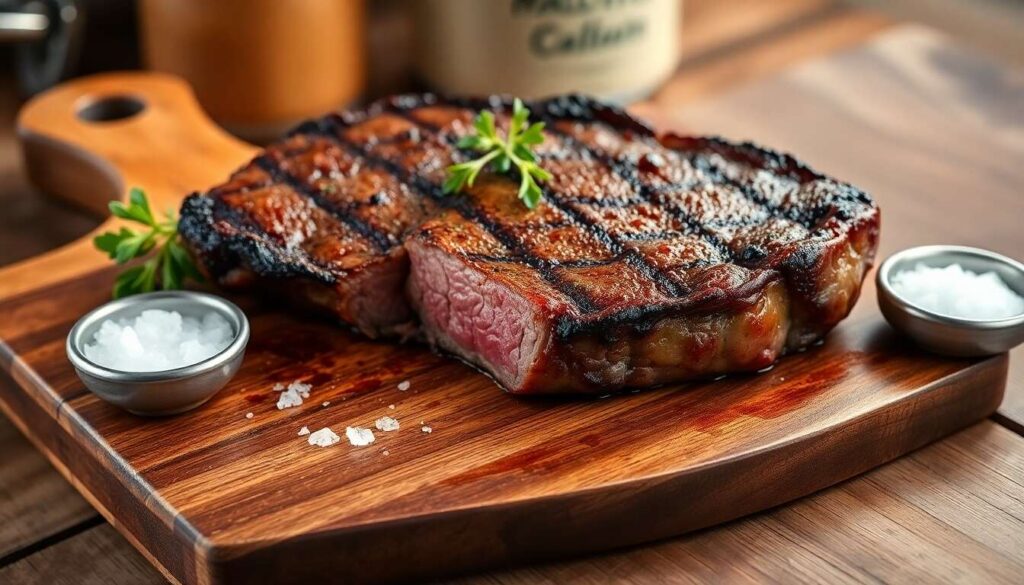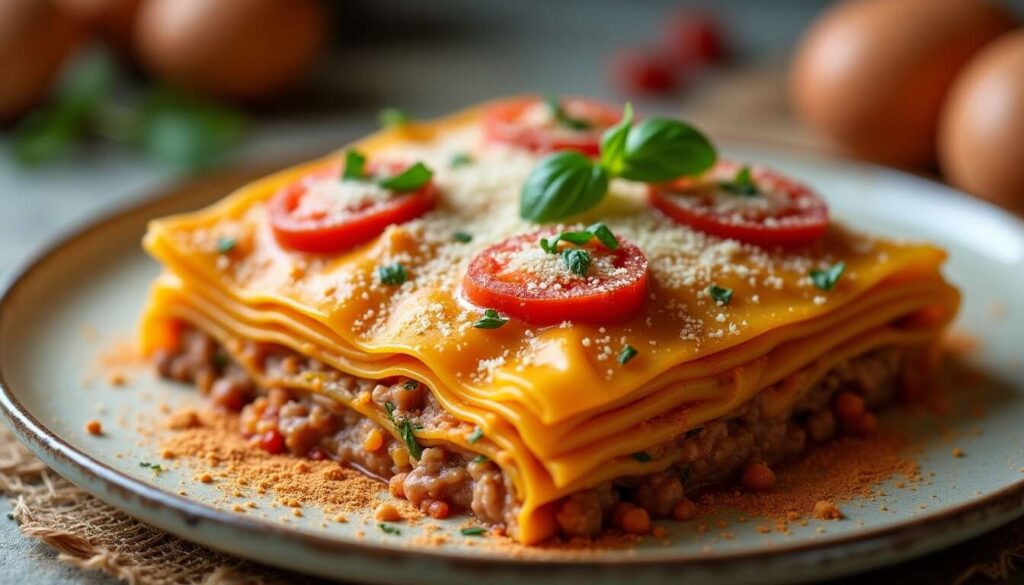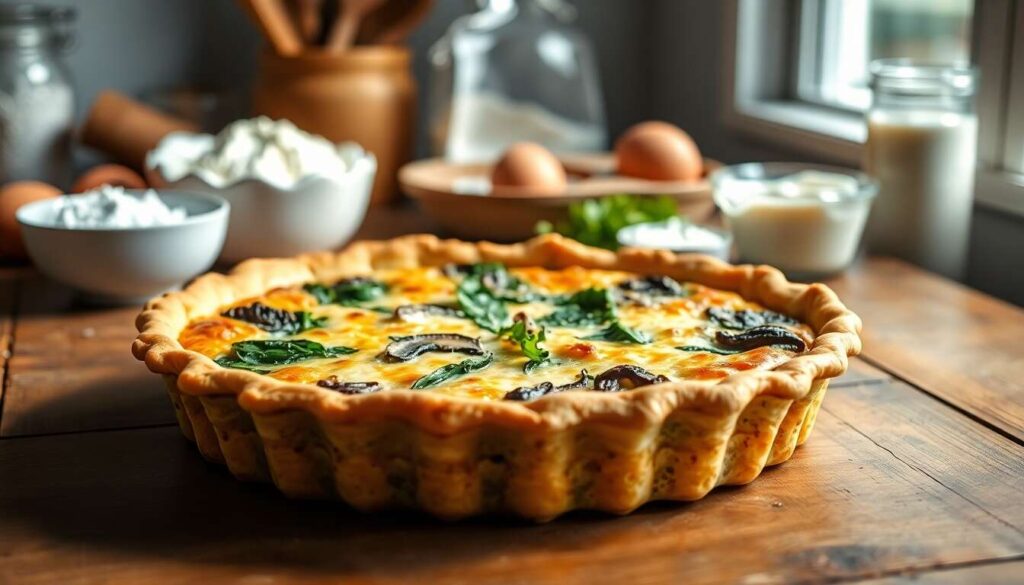Cooking meat can sometimes be quite a challenge. Many find themselves faced with a tough and dry piece of meat, despite their good intentions. Here are some tips recommended by expert butchers to ensure your meat turns out tender and juicy.
Understanding the Causes of Dry Meat
Factors Contributing to Dryness
Several reasons can lead to dried-out meat after cooking. Understanding these causes is essential to preventing the issue:
- Excessive temperature: cooking at too high a temperature can quickly dehydrate the meat.
- Poor storage: improperly stored meat loses its moisture.
- Inadequate cooking: not adhering to the optimal cooking time affects tenderness.
By analyzing these different factors, it becomes clear that a holistic approach is necessary to guarantee juiciness in meat.
The Importance of Marinating
Essential Role of Moisture Retention
Marinades play a crucial role in keeping the meat moist:
- Tenderization: acids present in marinades (like vinegar or lemon juice) break down muscle fibers.
- Flavor: a blend of spices and herbs infuses the meat, enhancing its taste.
- Protection: marinades create a barrier that shields the meat from excessive heat.
Therefore, it is wise to incorporate a suitable marinade in your preparation to improve the quality of your meat.
Preparing the Meat Before Cooking
The Importance of Preliminary Steps
Proper preparation of the meat beforehand is crucial:
- Room temperature: take the meat out of the refrigerator about an hour before cooking.
- Patting dry: removing excess moisture allows for better browning.
- Light scoring: for thicker cuts, this ensures an even cooking process.
These simple steps optimize the cooking process for a delightful result.
Mastering Cooking Temperatures
Recommended Temperatures for Each Type of Meat
Accurately controlling the cooking temperature is part of the essential skills:
| Type of meat | Internal temperature (°C) |
|---|---|
| Rare | 55 |
| Medium | 60 |
| Well done | 70 |
Mastering this technique ensures the meat remains juicy by preventing overcooking.
The Role of Resting After Cooking
The Effect of Rest on Tenderness
Allowing the meat to rest after cooking is vital to stabilize its juices:
- Juice redistribution: resting allows the juices to spread evenly throughout the meat.
- Optimized tenderness: the meat becomes more succulent.
- Simplified slicing: this step makes cutting easier.
Implementing this simple step significantly enhances the final taste experience.
Butchers’ Tips for Tender Meat
Professional Secrets for Tenderness
Butchers share proven tips to assist you:
- Massage the meat: soften the fibers before cooking.
- Use parchment paper: cover the meat when cooking slowly to prevent drying out.
- Add fats: butter or oil to enhance moisture retention.
These artisanal methods, easy to adopt, ensure an ideal texture for every dish.
Solutions for Overcooked Meat
Correcting Dryness in Meat
It can happen, despite all precautions, to misjudge the cooking. There are remedies:
- Rich, creamy sauce: cover the meat to reintroduce moisture.
- Extended slow cooking: at low temperatures with liquid.
- Incorporation into other dishes: blend into stews or pot-au-feu.
These recovery tips allow you to transform a failure into a culinary opportunity.
By following these guidelines, you will increase your chances of serving perfectly cooked, tender, and juicy meat. These insights, drawn from professional experience, are designed to help you avoid common mistakes that can ruin a good meal. This will surely showcase your culinary talents during your next meat preparation!







